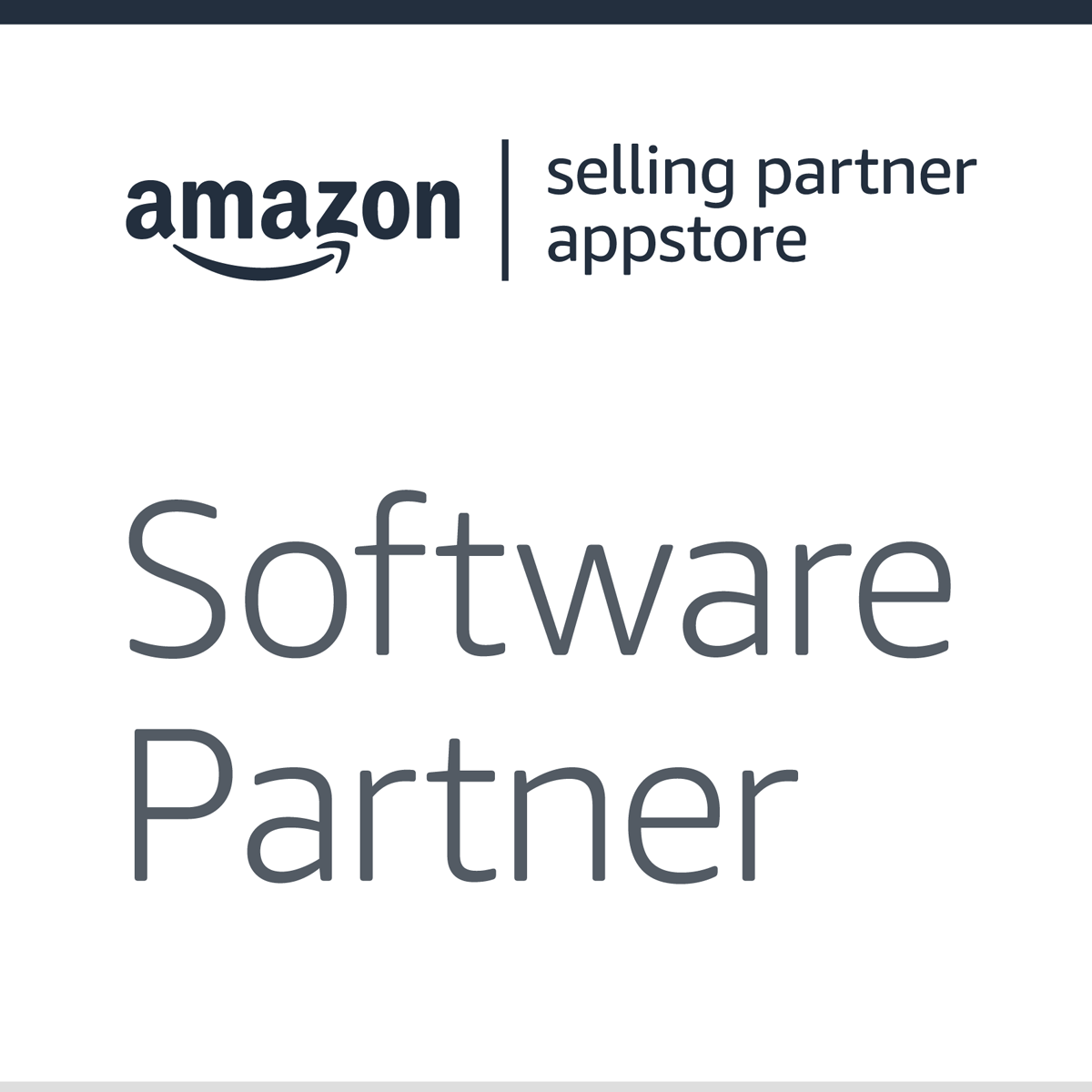Originally published on June 6, 2019, updated April 15, 2024
Menu
Join Our Email List
- Receive our monthly newsletter.
- Stay up to date on Amazon policies.
- Get tips to grow your business.
“Best vacuum cleaner.” “Cheap dish soap.” “Sandals for men.” The Amazon shoppers who search these keywords may not know what they want, but they know what they want to want.
To some sellers, these vague search inquiries can be frustrating and may even undermine their keyword advertising strategy. But if you know how to take advantage of generic product searches, you can use them to attract open-minded customers. As this Marketplace Pulse study showed, 78% of keyword searches on Amazon are for generic items.
In this article, we’ll discuss tactics for making the most out of these ambiguous searches. It’s a double-edged sword that can hurt as much as help, so you have to walk the line carefully. But once you know what you’re doing, you can give these searchers exactly what they were looking for the whole time, whether they knew it or not.
Let’s start with the bad news. In addition to being vague, generic product searches have low conversion rates, according to Marketing Land research. They do, however, lead to more clicks and page traffic, presumably as the shopper conducts their own product research.
So if you’re targeting generic product searches, you have to shake up your whole strategy a little. Rather than offering shoppers the product they want at the best deal, you have to switch your communications to explaining that your product is the one they want. Therefore, a strategy built around generic product searches extends well past SEO and ad words to the entirety of your branding and marketing efforts.
The first step is identifying which product search keywords are most useful to your brand. SEO research in general can be tricky and often involves using a specialized tool. If you’re looking for a free search tool, something to experiment with as you get your feet wet, you can use the Seller App Amazon Keyword Search tool. This gives you a little background on how popular certain queries are. If you don't mind spending extra, a more involved tool like MerchantWords might suit you better.
Once you know which keyword phrases to use, it’s time to put them to work. For starters, you can target them specifically by advertising with Amazon Marketing Services (AMS). PPC ads put your listings front and center every time someone searches that query, although high-volume searches have larger costs and more competition.
You also want to populate your product pages with those same keyword phrases so that your products are ranked highly in the searches, with or without AMS.
The top spot for SEO keywords is your product title, but with generic keyword phrases, you’ll have to be creative. Try explanatory product titles like, “Hoover, the world’s best vacuum cleaner,” or “the best of men’s footwear.” However, some keywords like “cheap” don’t exactly flatter your product, so they are best used elsewhere.
It’s also worth repeating the keyword phrases once or twice in the description. Repetition makes it easier to accommodate the more challenging keywords, and will also improve your product’s natural search rankings.
To successfully target generic product searches requires more than just SEO techniques. You have to change the way you market your products, angling them around being the “best” or whatever you’re aiming at. The shoppers that use generic inquiries are still in the researching phase, so once you get them on your page, you still have to convince them that this is what they’re looking for.
A lot of this persuasion can be handled in the description — you can explain how and why your product meets the criteria for “best” or whatever keyword you like. Coordinating this campaign with others will also help; for example, you could write an entire article on why your vacuum cleaners are the best, and link to your Amazon product page.
Of course, your branding will also be a huge influence, especially if the product has a lot of competition. Because these shoppers haven’t made a decision yet, your brand culture could be the deciding factor.
If you run a private-label brand, generic product searches can help you discover lucrative new markets. Because branding factors in so heavily for undecided shoppers, having a pre-existing and recognizable brand identity makes it easier to target popular searches with no clear winner.
Generic product searches tend to go hand-and-hand with generic products, meaning it's likely you can find a private-label supplier for the product. If you’re a niche brand, you might even be able to customize the product to make it more appealing for your customers, i.e., offer the product in a unique color.
Again, though, you’ll need a strong brand presence to convince shoppers to choose your products over the similar products of your competitors.
Generic searches should be handled with care. The nature of generic searches is that the shopper is still “shopping” around, which translates into fewer conversions. If you’re going to implement generic product searches into your strategy, you need to go all-in and modify your entire marketing campaign accordingly.
Originally published on June 6, 2019, updated April 15, 2024
This post is accurate as of the date of publication. Some features and information may have changed due to product updates or Amazon policy changes.
These Stories on Amazon
14321 Winter Breeze Drive
Suite 121 Midlothian, VA 23113
Call us: 800-757-6840





Copyright© 2007-2025 eComEngine, LLC. All Rights Reserved. eComEngine®, FeedbackFive®, RestockPro®, and SellerPulse® are trademarks or registered trademarks of eComEngine, LLC. Amazon's trademark is used under license from Amazon.com, Inc. or its affiliates.
No Comments Yet
Let us know what you think